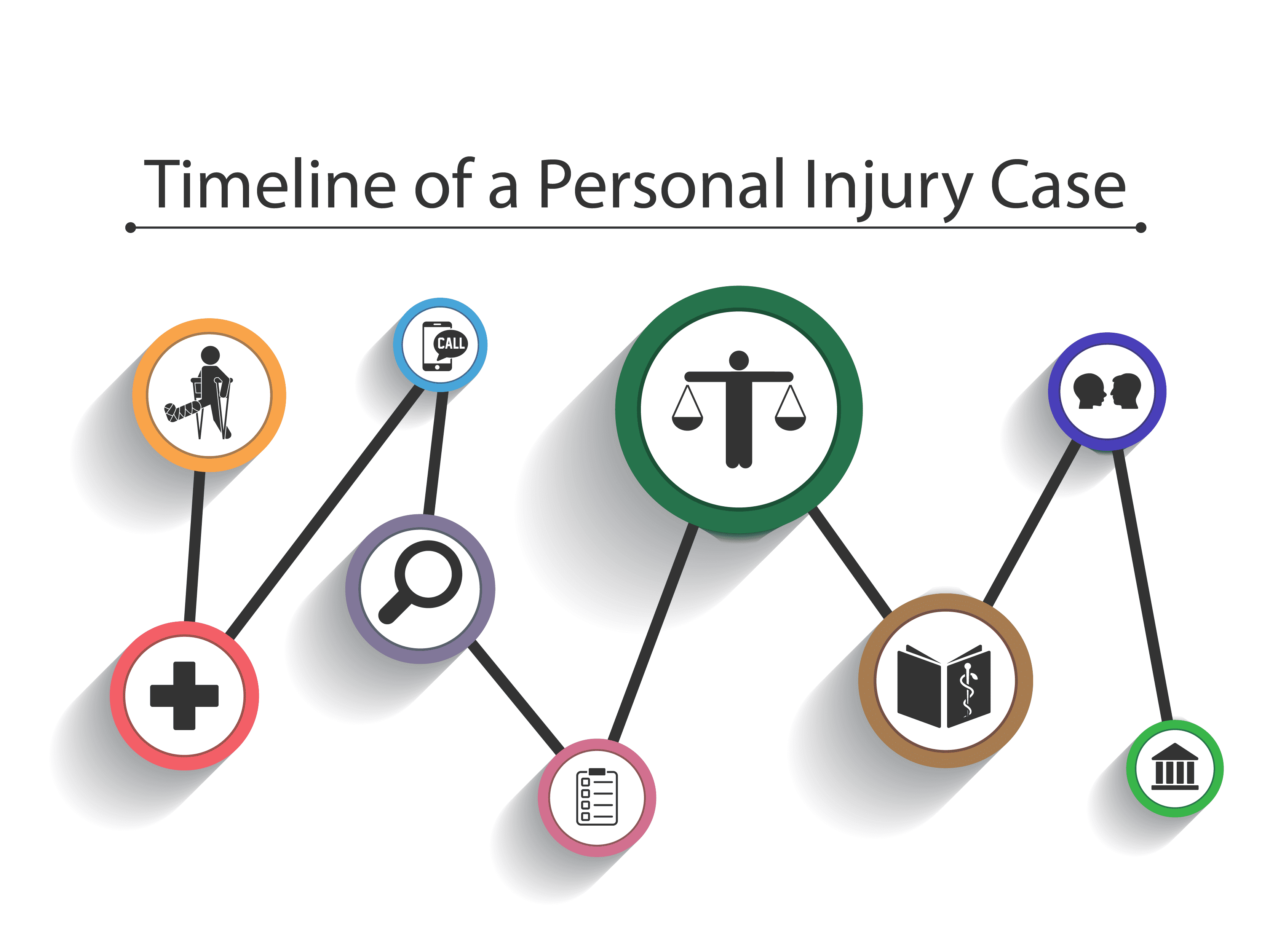Recognizing Landlord-Tenant Legislation: An Overview For Real Estate Attorney
Recognizing Landlord-Tenant Legislation: An Overview For Real Estate Attorney
Blog Article
Material Writer-Fallesen Hansen
When it pertains to landlord-tenant legislation, knowing your civil liberties and responsibilities is essential for both events. You may believe you have a solid grasp on the essentials, however there are often subtleties that can catch you off guard. Whether you're a landlord handling a residential or commercial property or a lessee looking for a steady home, comprehending the lawful landscape can make all the difference. What may amaze you are the intricacies associated with navigating disagreements and eviction procedures.
Recognizing Lessee Rights and Responsibilities
When you rent out a building, it's critical to recognize your civil liberties and obligations as a tenant. You have the right to a risk-free and habitable living environment, indicating your property owner should maintain necessary solutions like heating, plumbing, and power.
You're likewise qualified to privacy; property managers generally require to supply notice prior to entering your system.
On the other hand, you are accountable for paying rental fee on schedule, maintaining the residential property clean, and not creating damages past normal wear and tear.
Acquaint yourself with your lease arrangement, as it outlines certain regulations and commitments. Recognizing these facets not just protects you but likewise promotes a positive connection with your proprietor.
Stay notified, and you'll navigate your tenancy more effectively.
Key Property Owner Responsibilities and Lawful Considerations
While you may know your rights as a lessee, it's just as essential to recognize your property owner's commitments.
Landlords should provide a risk-free and habitable living setting, making certain that vital systems like home heating, pipes, and power remain in working order. They're likewise responsible for making necessary repair services without delay and adhering to neighborhood building codes.
In addition, property owners have to value your privacy by offering proper notice before entering your unit, usually 24 hours. They should manage down payment according to state laws, including returning them promptly after you move out, minus any lawful deductions.
Recognizing https://telegra.ph/Realty-Legal-Experts-Vital-Allies-In-Residential-Or-Commercial-Property-Disputes-05-22 can aid you maintain a positive connection with your proprietor and ensure your living situation meets legal standards.
Navigating Disagreements and Eviction Processes
Disagreements in between property owners and occupants can emerge suddenly, making it vital for you to understand the procedures associated with resolving them.
First, interaction is crucial-- try to review issues straight to discover a compromise. If that fails, acquaint yourself with your local laws regarding disagreements and expulsion. File whatever: maintain records of communications, repayments, and any kind of infractions.
If eviction becomes necessary, guarantee you adhere to the lawful actions needed in your location, which typically consists of giving composed notification and a certain duration for resolution.
Be prepared to go to court if the situation rises, as it may be your only choice. Recognizing https://blogfreely.net/tracy9christoper/considering-offering-your-property-comprehend-the-benefits-of-engaging-a will certainly help you browse disputes more effectively and protect your civil liberties as either a proprietor or occupant.
Verdict
In summary, recognizing landlord-tenant law is important for both celebrations associated with a rental arrangement. By understanding your civil liberties and duties, you can promote a far better living environment and avoid disputes. If https://www.axios.com/2022/05/25/the-real-estate-frenzy-is-over occur, remember that a real estate attorney can assist lead you with the intricacies of eviction procedures and lawful responsibilities. Remaining informed and proactive will ensure a smoother rental experience, whether you're a property manager or an occupant.
